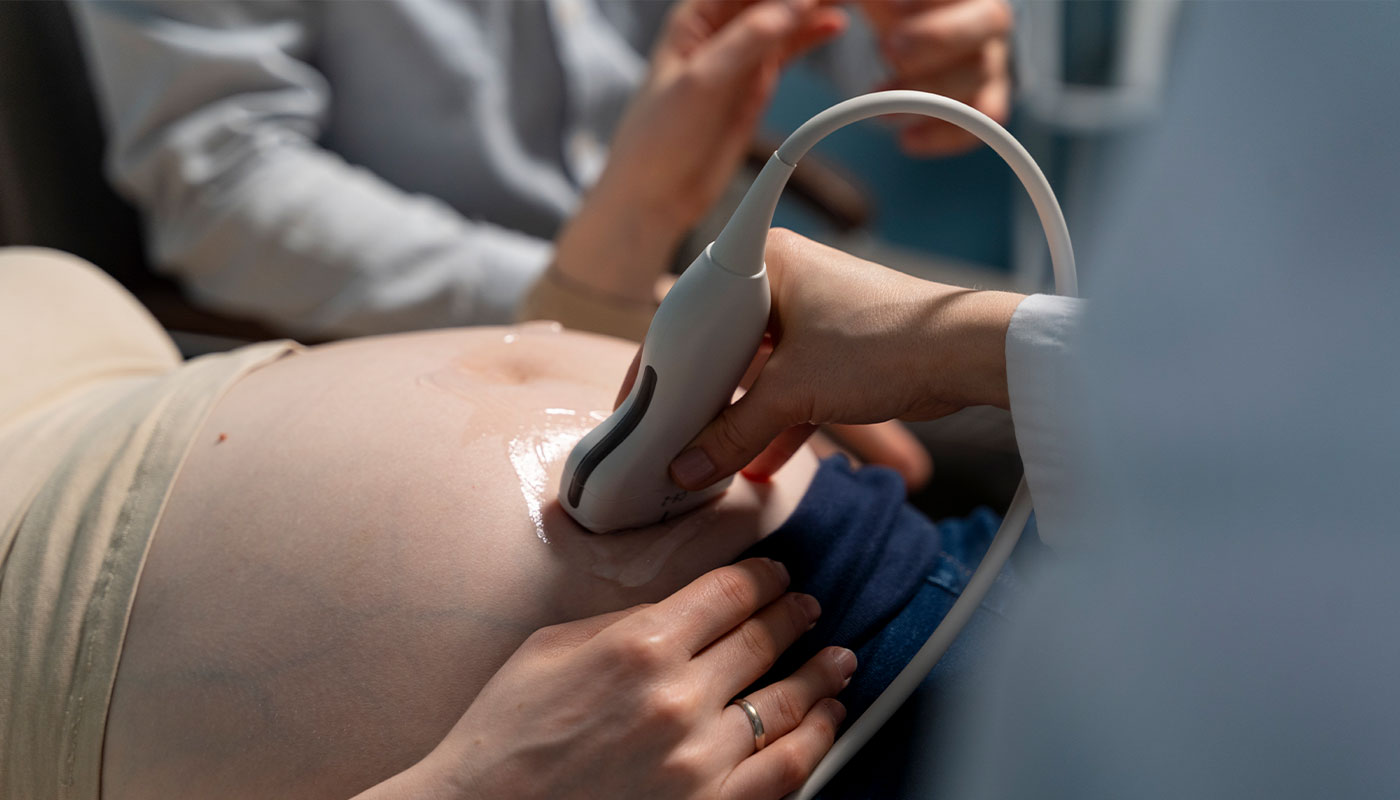- phoenix
- 0 Comments
Pregnancy scans, also known as prenatal ultrasounds, are a pivotal aspect of prenatal care, offering expectant parents a window into the development and well-being of their growing baby. Let’s delve into the importance of pregnancy scans, their various types, and what expectant parents can expect during these crucial appointments.
The Role of Pregnancy Scans
Pregnancy scans serve multiple purposes throughout the gestational period, providing valuable information to both healthcare providers and expectant parents. Here’s why they are essential:
Confirmation of Pregnancy: A pregnancy scan early in the first trimester confirms the presence of a viable pregnancy, reassuring expectant parents and initiating prenatal care.
Assessment of Fetal Growth and Development: As the pregnancy progresses, scans help monitor fetal growth and development, ensuring that the baby is thriving within the womb.
Detection of Birth Defects and Anomalies: Detailed ultrasound scans can detect structural abnormalities or birth defects, allowing healthcare providers to offer appropriate counseling and intervention if necessary.
Evaluation of Placental Health and Amniotic Fluid Levels: Scans assess the health and position of the placenta and measure amniotic fluid levels, crucial indicators of fetal well-being.
Types of Pregnancy Scans
- Dating Scan: Typically performed in the first trimester, this scan accurately dates the pregnancy and assesses the number of fetuses present.
- Nuchal Translucency (NT) Scan: Conducted between 11 and 14 weeks, this scan evaluates the thickness of the nuchal fold in the fetus’s neck, screening for chromosomal abnormalities like Down syndrome.
- Anomaly Scan (or Level II Scan): Carried out around 18 to 22 weeks, this comprehensive scan examines the baby’s anatomy in detail, checking for any structural abnormalities or congenital defects.
- Growth Scan: If there are concerns about fetal growth or well-being, additional scans may be performed to monitor the baby’s growth trajectory and assess placental function.
What to Expect During a Pregnancy Scan
During a pregnancy scan, a trained sonographer or healthcare provider will use a handheld device called a transducer to emit high-frequency sound waves into the abdomen, which bounce off structures within the uterus to create images of the developing baby.
Expectant parents can expect a comfortable and non-invasive procedure, with gel applied to the abdomen to facilitate sound wave transmission. Depending on the type of scan, different views and measurements of the fetus will be obtained, allowing for a comprehensive assessment of fetal well-being.
Conclusion
In conclusion, pregnancy scans play a vital role in prenatal care, providing invaluable insights into fetal development and well-being. From confirming pregnancy and assessing fetal growth to detecting potential abnormalities, these scans offer expectant parents reassurance and essential information throughout their pregnancy journey. Embracing the opportunities provided by pregnancy scans fosters a deeper connection with the growing baby and facilitates informed decision-making for both healthcare providers and expectant families alike.

